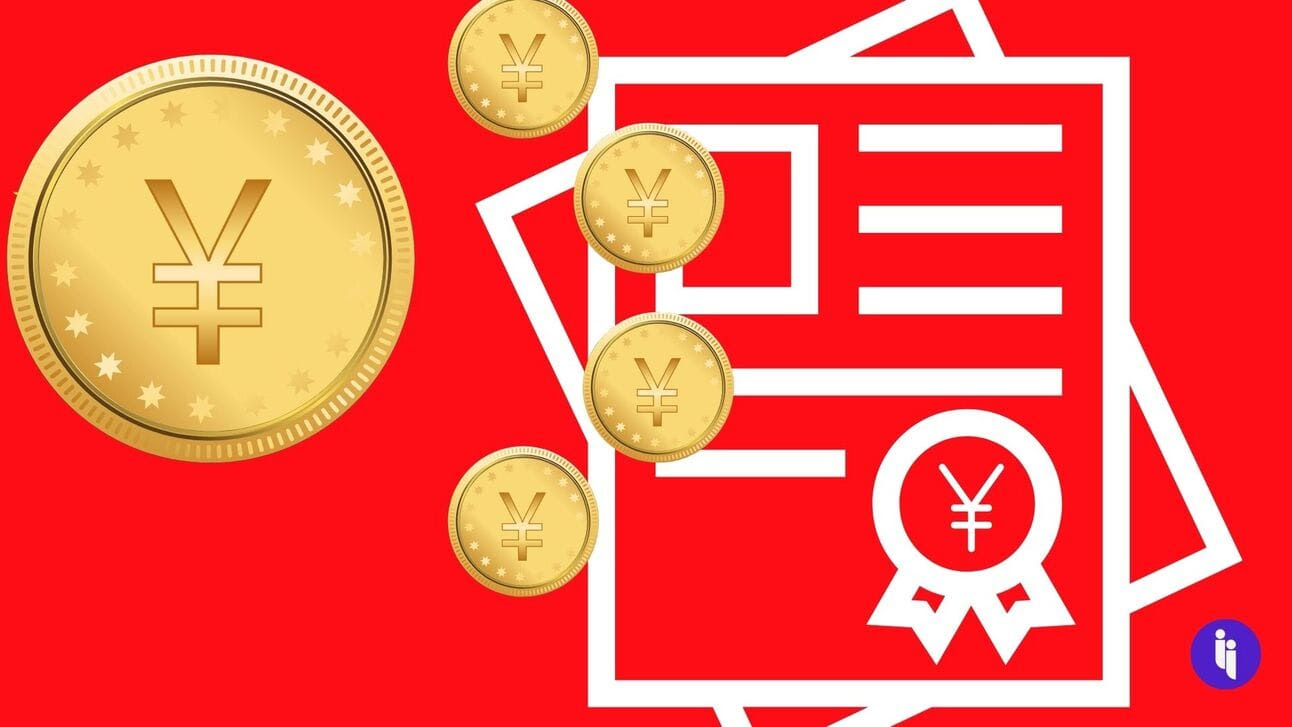The People’s Bank of China (PBOC) announced on Monday that it was going to dip its toe into the open market and “borrow” Chinese government bonds from primary dealers.
On the face of it, the announcement is but one sentence long. But seen from a broader perspective, it offers a window into how China’s central bank is trying to use state levers to control its slowing economy ahead of this month’s Third Plenum (which gathers some 400 government bigwigs, military chiefs, provincial bosses and academics in Beijing to discuss China’s political and economic course).
Let’s dive in.
Stay on top of your world from inside your inbox.
Subscribe for free today and receive way much more insights.
Trusted by 114,000+ subscribers
No spam. No noise. Unsubscribe any time.
Timing is everything and this announcement is no exception.
Since the start of the year, investors have flocked to China’s bonds. Why? Well, other parts of China’s 2024 economy haven’t looked so crash hot to invest in —
- Property investment is down
- Retail sales growth is falling
- Housing prices have slumped
- And, there’s tepid wage growth
Just to refresh, when people talk about bonds, they’re referring to a kind of loan that investors give to the government, which the government promises to pay back with an interest cherry on top.
For the government, it’s a way to raise some cash. For investors, bonds are often considered a ‘safe haven’ compared to corporate stocks, making it an alluring option for money managers who want to a) diversify their risk b) park their cash in a safe spot, and 3) likely guarantee at least an interest return (granted, of course, that the government doesn’t collapse).
Sounds like a win-win, right?
It’s a little more complicated than that.
For starters, a rally in government bonds signals to central banks that investors think the broader Chinese economy is weak and don’t want to throw their cash into new stocks.
Secondly, the high demand for government bonds has sent bond prices upwards, pushing yields (the anticipated annual return to an investor) to historically low levels.
Generally, low yields on bonds aren’t bad if interest rates remain untouched, money managers are fine with keeping cash parked in government securities for a solid few years and other economic factors are up.
A big caveat comes in the minute interest rates rise. The American market experienced just that in 2023 when investors tried to rapidly pull their money out of Silicon Valley’s Bank SVB, but the bank had tied up its liquidity in treasury bonds. China’s Central Bank has warned against exactly that type of scenario in Beijing.
Signs of market imbalances and heightened financial risk emerged this week when news broke that China’s onshore 10-year government bond yield declined to 2%, the lowest since Bloomberg started tracking the data in 2002. So Monday’s announcement by China’s central bank shows it’s intervening in the market to keep yields under control.
Was this by design, or a sign that the People’s Bank of China is panicking? Well, there’s been some signs the bank was planning to shake up its bond market dealings — PBOC Governor Pan Gongsheng said last month the bank is working with the finance ministry to incorporate bond trading into its portfolio. President Xi Jinping had also advocated in October last year for the PBOC to buy and sell government bonds in its open-market operations.
The last time the PBOC had bought bonds was in 2007, which the state used to create its sovereign wealth fund China Investment Corp., ballooning into a $1.35B fund which was arguably a net positive.
But there’s more on the horizon.As the Third Plenum approaches (15-18 July), there will be growing pressure for economic measures to address current weaknesses and stimulate growth. Analysts are watching closely for big announcements that could invigorate the economy, akin to previous meetings in 1978 (which gave foreign businesses the ability to operate in China) and 1993 (which saw the liberalised renminbi).
Whether this is part of a calculated strategy or a sign of mounting concerns, the central bank’s actions will be closely watched in the weeks to come.
INTRIGUE’S TAKE
The economic data YTD is understandably worrisome for China’s Central Bank. Luckily for them, the hard lesson for a bond market rally happened just last year in their biggest competitor market, the US.
The bigger question, once and if they are able to cool down the bond rally, is whether they can push investors back to the money markets to get wage growth, retail sales, and property prices back up. Bond sales are easier to dip into than forcing consumer to go on shopping sprees and folks to sign onto decade-long mortgages.
Also worth noting:
- China’s bond market isn’t the only one heating up, global investors are piling into India’s $1.3 trillion of sovereign debt as they rush to find alternatives to China and Russia.









